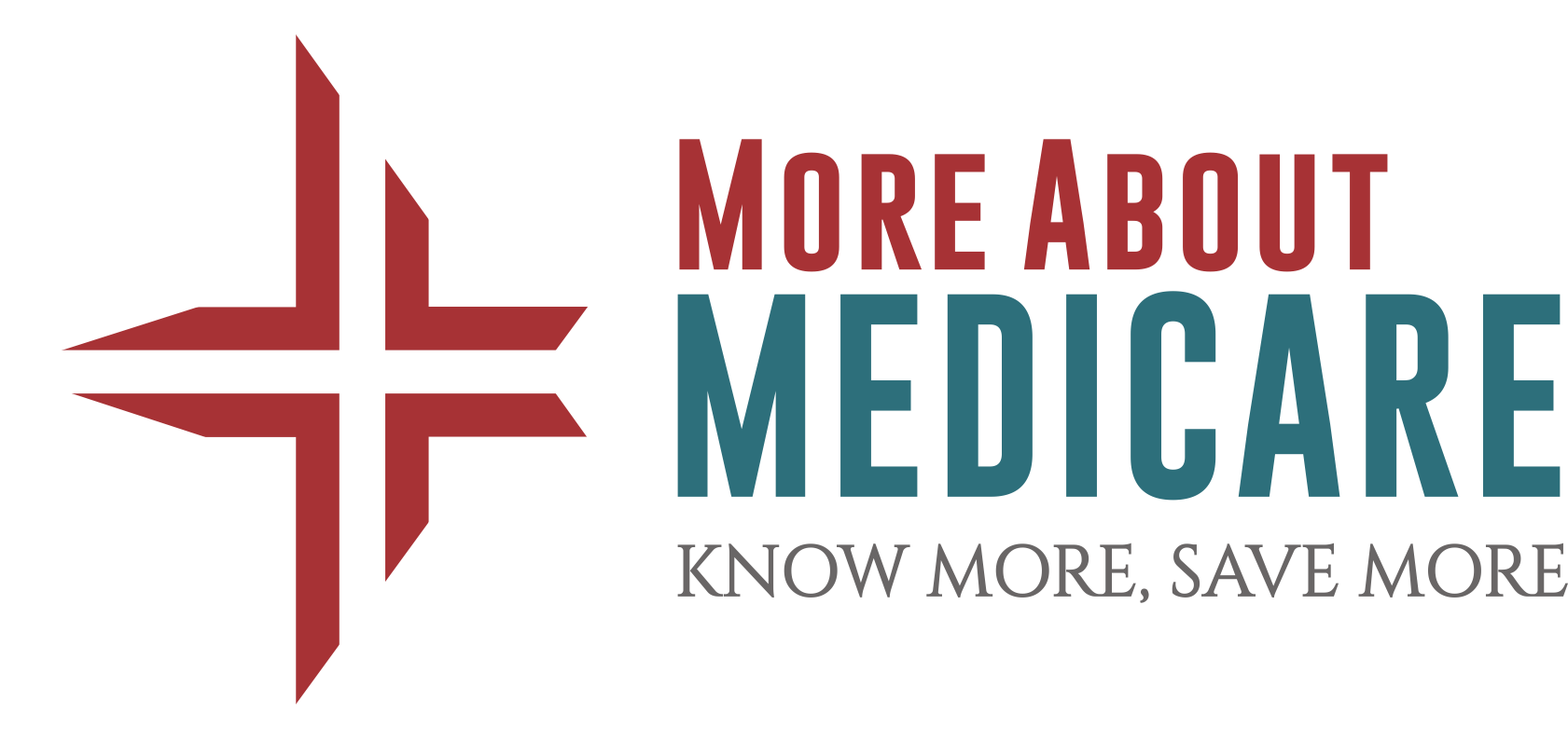Are you confused about buying a Medicare Supplement Insurance Plan?
Medicare Supplement plans “supplement” the coverage given by the Original Medicare Part A and Part B. It protects yourself from out-of-pocket costs if you get medical attention. In this article, we will talk about the pros and potential cons of Medicare Supplement also known as “Medigap” to help you make the best decision for your needs.
What is a Medicare Supplement?
Medicare Supplement insurance or Medigap is extra protection offered by privately owned insurance companies that you can purchase to fill in the “holes” of Original Medicare. Original Medicare covers Part A and Part B, but not the deductibles, co-payments and coinsurance of Part A and Part B. The majority of Medicare beneficiaries can’t bear the cost of these medical expenses.
There are standard Medicare Supplement plans that can help pay a few or all the medical expense such as deductibles, co-payments, and coinsurance. Some plans come with extra added features like fitness benefits, nurse assistance, coverage while traveling outside the country, etc.
Things You Need to Know About Medicare Supplement Insurance
In the event that you have Original Medicare and you want to purchase Medicare Supplement plan, this is what you need to know:
• You need to be enrolled in Medicare Part A and Part B
• You will each need to purchase separate policies for you and your spouse
• You need to continue to pay for Part B premium
And the insurance company can’t drop your Medicare supplement as long as you continue to pay the premium for your Supplement plan
Advantages of Medicare Supplement
The main advantages of enrolling in Medicare Supplement Plan are:
Freedom of Network: Access to any provider across the country that is willing to take Medicare without a referral from your primary care physician. Living in two states or traveling within the USA is no longer a problem; you can keep the same plan and still have access to doctors. Medigap may cover you in other counties in case of an emergency up to the limits set up by the insurance plan.
Guaranteed Issue: There is nothing to worry if you have any medical issues when enrolling for the first time if you enrolled during your Medicare Supplement open enrollment period. Your policy is guaranteed issue if you enrolled during the six months of enrolling in Part B. This means you will not be denied coverage for any existing medical condition.
Renewable: Medigap policy is renewable as you pay the premiums. These strategies have no lifetime maximums, and your back up plan can’t drop your arrangement because of the recurrence your claims.
Coverage on Hospitalization: In many states, modern Medicare Supplement plans give you an extra 365 days of hospitalization coverage after your Original Medicare coverage is spent.
Disadvantages of Medicare Supplement Insurance
Following are some possible disadvantages of Medicare Supplement:
Medicare Supplement Coverage Cost: It is a well-known fact that some Medicare Supplement plans might be more costly than Medicare Advantage plans.
Prescription Drugs are NOT Covered: Medicare Supplement plans sold today do not cover prescription drugs. If you need drug coverage, you can join a standalone Part D Prescription Drug Plan.
Yearly Rate Increments: Every year the annual rate that you pay may increase.
Vision and Dental Coverage: Supplement insurance plans are not required to cover dental or vision, and is not covered.
Bottom Line
With Medicare insurance, you have options, including Original Medicare with a standalone Part D Prescription Drug Plan, Original Medicare with a Medicare Supplement Insurance Plan and a Part D Prescription Drug Plan, or enrollment into a Medicare Advantage Plan that includes drug coverage. After reading the above advantages and disadvantages, you should now understand more about Medicare Supplement Insurance.

